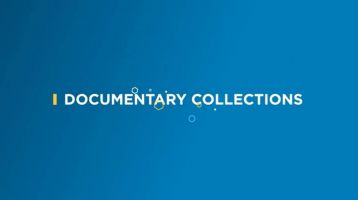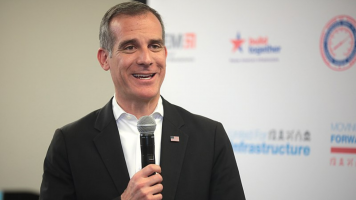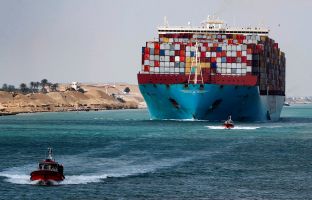Blog Detail
Somalia has become a member of the EAC. What takes place after that?

Observers note that joining the bloc presents both numerous opportunities and challenges for Somalia.
Following almost ten years of vigorous advocacy, Somalia has been granted entry into the East African Community (EAC). The membership will be official upon ratification by the Federal Parliament of Somalia.
Former President Sharif Sheikh Ahmed launched the application procedure in 2011, but it was a drawn-out one, with several member states reportedly reluctant to admit Somalia.
After recent president, Hassan Sheikh, is designated as an exclusive envoy for the purpose to expedite process ofadmission shortly subsequent to taking office for second time in the month of August, this process gets finally paid off during the year. During their initial term, Mohamud—he hasserved being a president from the year 2012 to 2017 as this was strong supporter for the regional incorporation.
As per the president, Burundi, DRC also known as Democratic Republic of the Congo, Kenya, South Sudan, Rwanda, Tanzania is mainly among those EAC members that has also gain from the membership of Somalia.
However, addition of Somalia, the country with population of more than 17 million with the prolonged history related to theconflict, to bloc, that has recently numbers for more than 300 million of the people—which is quarter of total population of Africa—was also criticised for possibly posing some of the security risks.
Inspite of the fact that experts have also point to any of the security challenges in different EAC members such as DRC, where minimum of 120 of armed groups always fight for theirvolatile east, as well as South Sudan, that is also in and out related to the civil war prior to their independence, they evenargue for Somalia which has made some of the crucial progress in their fight against armed group known as al-Shabab.
Opportunities and challenges
The EAC's headquarters are in Arusha, where it was established in 2000. Its goal has been to promote economic expansion among member states by doing away with customs taxes, among other things. In 2010, it created a common market.
Livestock and agriculture are the main economic activities of Somalia, and both have shown to be extremely vulnerable to climate change. While charcoal, fish, bananas, hides and skins, and livestock continue to be Somalia's top exports, the nation is also thought to contain potential offshore resources, including oil and gas.
Somalia's trade volume with its neighbours has significantly decreased since 1991, when the country's government disintegrated, resulting in three decades of political turmoil and the development of al-Shabab.







